Hernia is a condition wherein any internal body organ pushes and penetrates to another region, out of its place. Hiatus is a passage- hole in the diaphragm (the sheet of muscle separating chest from abdomen and other surrounding parts). The food-pipe, technically called the esophagus, passes through the hiatus and connects to stomach. In case of Hiatal hernia, the stomach protrudes and penetrates into chest, through the hiatal opening. Hiatal hernia is also referred to as ‘Hiatus Hernia’.
There are two types of Hiatal hernia which are ‘paraesophageal’ and ‘sliding’. Sliding hernia is more common than the other. In this case, the stomach and its connection point to the esophagus slides up to the chest through the hiatal opening. Though paraesophageal hernia is less common, it is a matter of concern. In this condition, the stomach and esophagus remains where they are, as in their normal state, but a region of stomach squeezes through the hiatus placing it next to esophagus. This type of hernia can be nondescript which increases risk of aggravation. In this case, the abdomen may become strangled and/or may have truncated or completely blocked supply of blood.
Hiatus hernia is a common condition with 30% rate of prevalence, especially in people over age of 50 years. These are just recorded cases, it is believed that the number of hernia cases may be higher as there are also nondescript cases and considerable amount of people do not get diagnosed for the condition.
Causes of hiatal hernia and why it is common in women
This condition is resulted when the muscle tissue becomes weaker and allows the stomach to protuberate through the diaphragm. The factor that leads to such a condition is not always determinable. Pressure or strain on the stomach may contribute to cause the condition. Possible factor that can lead to hiatal hernia includes.
- Injuries to the affected region
- Anomalously large intestine at birth
- Consistent and strenuous pressure on the nearby muscles caused during coughing, lifting heavy objects, bowel movement strains or strenuous vomiting.
The exact factor that may cause hernia is not confirmedly recognized. You are at increased risk of developing it, if you are overweight. Additional body weight can exert more pressure within your stomach which can push the stomach towards the chest. Older individuals are also vulnerable to such hernia, because growing age can make the diaphragm weaker. Hiatus hernia is common in women as compared to men. This may also be associated with increased pressure in abdomen of women during pregnancy.
Symptoms of Hiatal hernia in women
Most cases of hernia may present insidiously without causing any problems. Even if symptoms are experienced they may be mild to moderate and rarely serious. Sliding hiatal hernia may also cause complications associated with Gastro-Esophageal Reflux Disease (GORD). In this condition the bile or acid of the stomach rises up to oesophagus.
Heartburn is one of the most common symptoms of GERD which results in warm and burning sensation in the chest. This burning feeling can travel up to the throat. Heartburn, in such case can be experienced especially after drinking alcohol, eating chocolate, after drinking coffee and smoking. This condition may aggravate after lying down or bending over. Other Hiatal hernia symptoms include:
- Feeling generally sick
- Experience cough or wheezing, especially at night
- Mouth getting filled with saliva
- Experiencing difficulty and pain while swallowing
- Belching or burping
Diagnosis
If it is suspected that you may have hiatal hernia then he may probe you on experienced symptoms. Your doctor may recommend consulting gastroenterologist, a specialist to indentify and treat digestive system conditions.
Gastroscopy or endoscopy is one of tests that are suggested by the doctor. This examination is done by inserting endoscope into the stomach through mouth. Endoscope is a flexible thin tube that carries a camera at the tip. The doctor will be able to see internal condition of the stomach through images which is transmitted to a computer screen. During this test the doctor can also take a sample for biopsy or/and rectify any narrowing, that might have occurred due to acid reflux.
Doctor may also sometime suggest ‘barium meal x-ray’ test, if you endoscopy is not a suitable option for you. Hiatal hernia can sometimes be discovered through chest x-ray, CT scan or endoscopy performed to diagnose some other conditions. This is because the condition does not cause any symptoms and is detected while undergoing evaluation for another condition.
Treatment for hiatal hernia
Most people affected with hiatus hernia do not experience any symptoms or signs of the condition and may not need any treatment. Treatment may be needed in case the affected individual is suffering from symptoms such as heartburn, acid reflux, etc. Treatment for hiatal hernia may include surgery and/ medications.
Medicines of Hiatal hernia associated heartburn
If you experience acid reflux or heart burn, then your doctor may recommend certain medications. Some of these medicines include:
- Antacids are medicines which are used to neutralize acid of the stomach. There are several OTC antacids such as Gelusil Rolaids, Tums, etc which can provide fast relief.
- H-2 receptor blockers are drugs that can reduce production of acid in the stomach. Some of these medicines are cimetidine, famotidine, nizatidine and rantidine. These are active ingredients of several medicines such as Tagamet HB, Pepcid AC, Axid AR and Zantac 75, etc.
- Drugs that can completely cease production of acid and heal the esophagus are also suggested by the doctor for affected patients. These are proton pump inhibitors that can block production of acid and enable esophageal tissues damages to heal. Some of such over the counter medicines are Prevacid 24HR, Prilosec OTS, etc.
In severe but rare cases hiatal hernia can only be treated through surgery. Surgeries are the last option for treating hernia in people who experience no improvement after medical course. Surgery to heal hiatal hernia also combines with gastroesophageal reflux disease surgery. One of such surgery involves pulling the stomach down in its own place and narrowing the broaden opening. In some cases, the surgery is performed through thoracotomy and laparotomy. In other cases, several small incisions are made and tools are inserted along with tiny camera and surgery is performed.
Hiatal Hernia Pictures
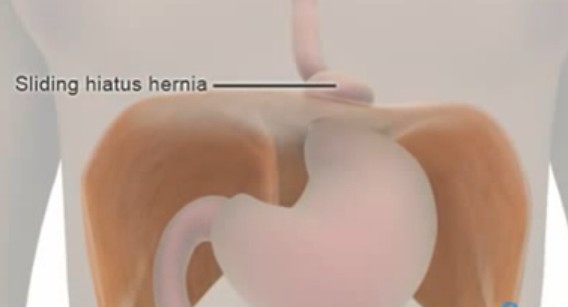
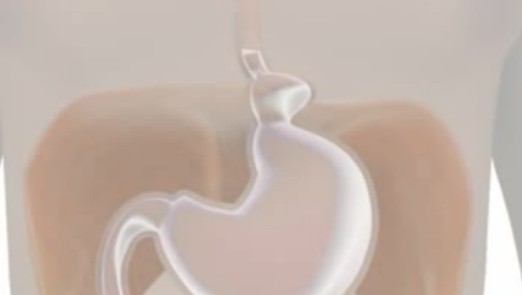
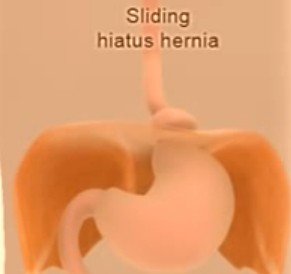
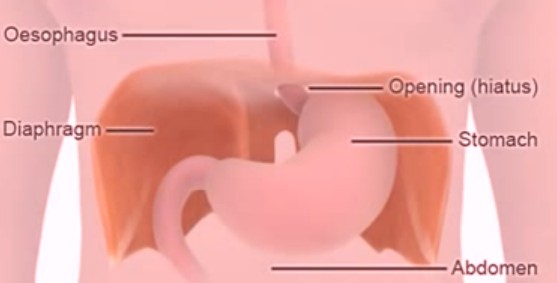

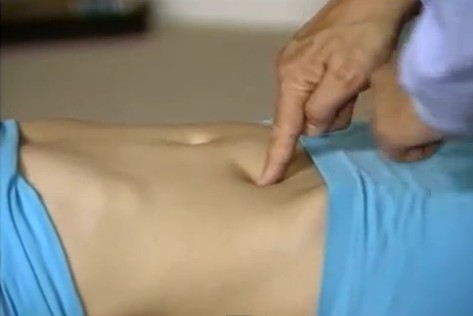
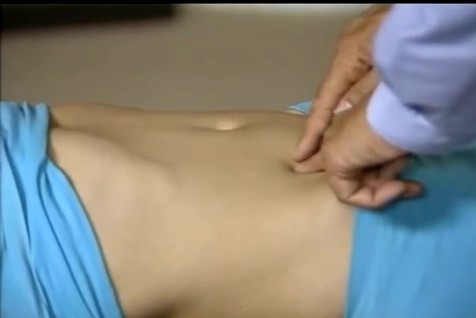

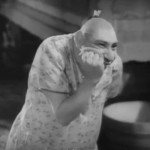

I have been in extreme pain for months now under my right rib and get to cramping so badly sometimes 3 times daily on my left side behind my ribs and the PAIN is nothing I have experienced EVEN childbarring days during the 90’s that wasnt so painful this major pain has cause for concern? My stomach ia huge!
HELP ME with your personal opinion.
BTW I’m 50 with menopause.
Thanks your your advise on your suggestions! God Bless!!
You sound like you are experiencing the same thing as me. I’m pretty sure I have a hiatus hernia which periodically really flares up. There are times I think I’m having a heart attack. What I’ve found helps for me is taking an extra strength Tylenol, then wrapping a blanket around myself and sitting upright – usually my gliding rocker. Just try and relax, keep warm and usually within 15 – 30 mins the symptoms totally subside. If I don’t do this, the pain goes on and on for hours and as you said it is worse than childbirth.
Can someone tell me about hernia how do you feel about having a ham hernia I have one but I’m not eating like I supposed to I’m throwing up doing a lot of throwing up I just had gastric sleeve I’m just not feelingCan someone talk to me about it